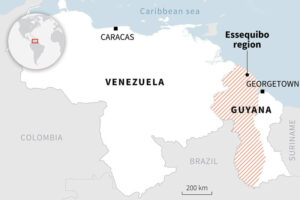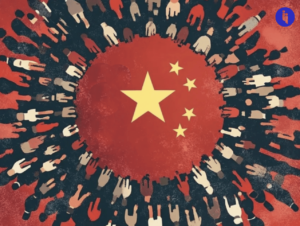Briefly: Denmark, Germany, the Netherlands, Norway and Sweden submitted a proposal on Tuesday (7 February) for the EU to ban around 10,000 ‘forever chemicals’ and reduce their propagation in the environment.
Some context: Per- and poly-fluoroalkyl substances (PFAS) are commonly referred to as ‘forever chemicals’ because they accumulate in the environment and in our bodies. The EU has long been toying with the idea of a ban or restriction on these synthetic chemicals due to a series of health risks associated with PFAS exposure.
The chip parenthesis: These chemicals are used in anything from non-stick pans to – yes, our favourite – semiconductors. So, the proposed restriction has sent the industry into a bit of a tizz. Denise Dignam, head of advanced performance materials for a leading chemicals company, warned about a “very severe global disruption” if a blanket ban is imposed.
Stay on top of your world from inside your inbox.
Subscribe for free today and receive way much more insights.
Trusted by 123,000+ subscribers
No spam. No noise. Unsubscribe any time.
Intrigue’s take: Even if the EU moves forward with the proposed legislation (always a big ‘if’ in Brussels), the restrictions won’t come into effect before 2026 at the earliest so there’s little danger of disruption in the short term. But it’ll be interesting to see whether the EU prioritises its semiconductor strategy over health/environmental considerations. As the world gets more complex, we’ll see more of these tough choices ahead.
Also worth noting:
- The EU is aiming to double its global market share in semiconductor production from 10% to 20% by 2030.
- The US state of Maine has become the world’s first legislature to ban the sale of products containing PFAS, though the embargo won’t take effect until 2030.









